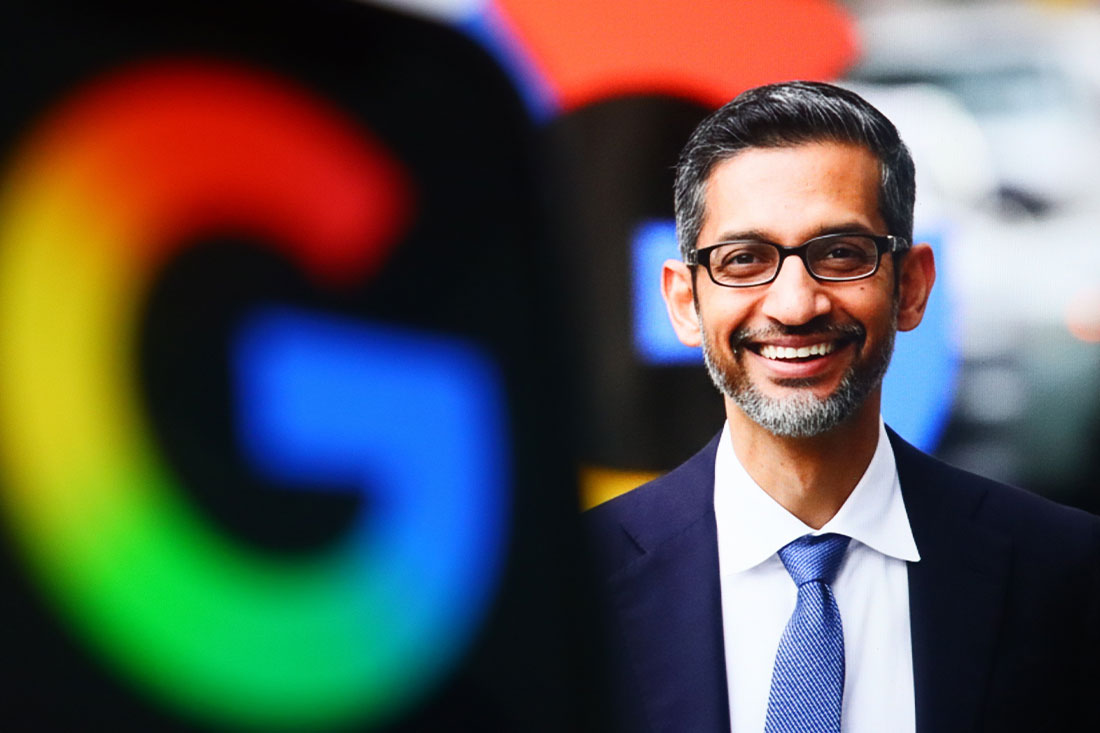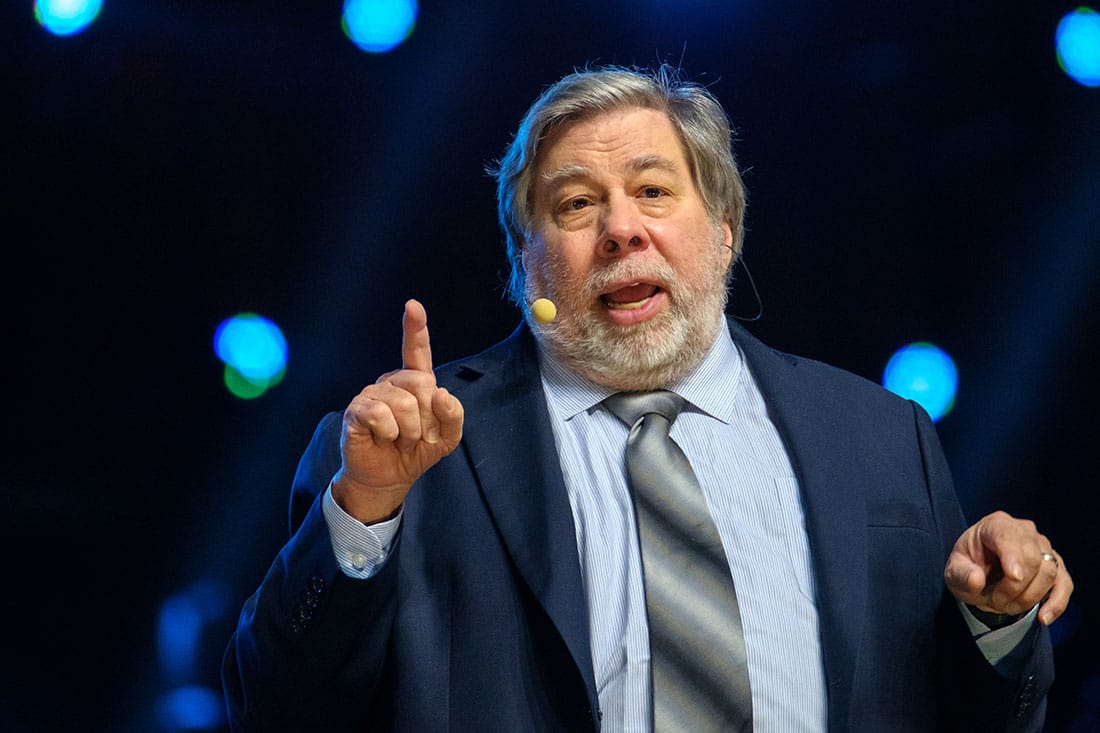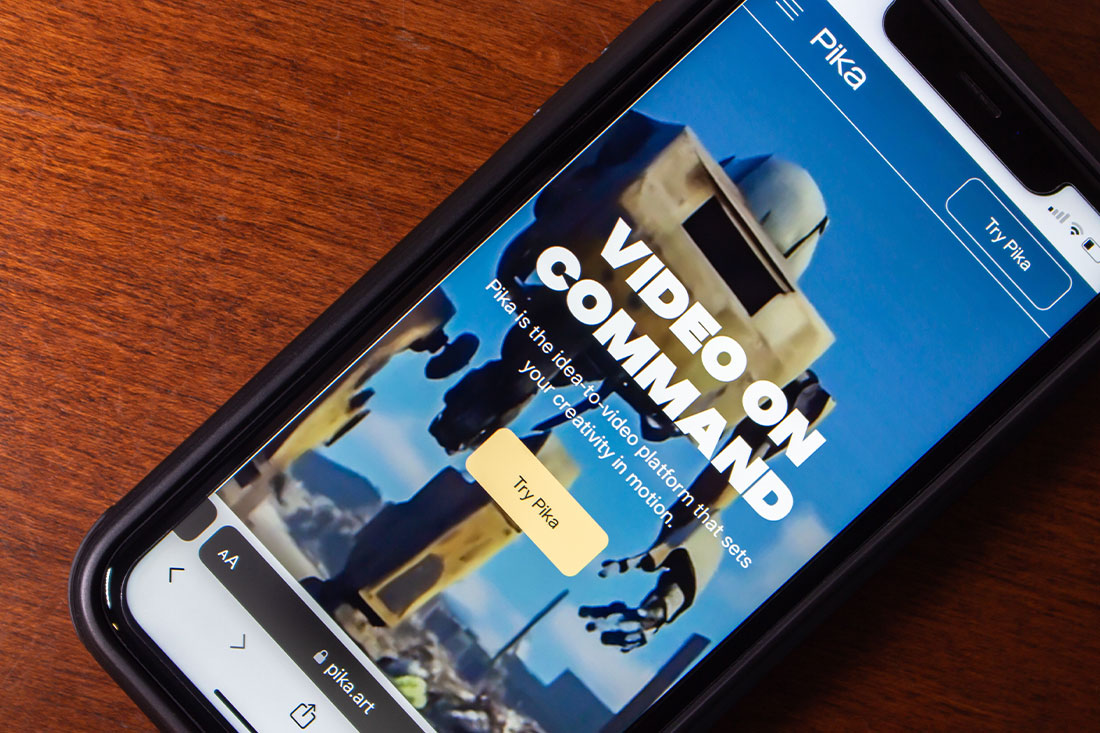Productivity has become a modern obsession. In our digital information age, we devour books about morning routines, track our sleep like athletes and search for the one app that will finally fix our focus. But ask the people who consistently perform at the highest levels, and you’ll hear something surprising: It’s rarely about dramatic reinvention.
The difference usually comes down to small, deliberate choices that shape how they work, rest and reset. These are the kinds of habits that don’t just boost output for a day, they rewire how you approach time, energy and attention. And while they may sound simple, the most successful people swear by them.
1. Use routines, rituals and recovery to your advantage
Everyone talks about routines, but the ones that really work aren’t borrowed from a book or a podcast. They’re designed around your energy, your work patterns and, crucially, your recovery. Top performers build rituals that refresh the mind as much as they organize tasks.
A short meditation, a quiet walk or a pause to reflect before tackling emails can do more for productivity than hours of frenetic effort. Routines become powerful when they’re personal: tested, refined and centered on sustaining energy instead of just filling the day.
Unlike many leaders who roll out of bed and dive straight into emails or back-to-back meetings, Google CEO Sundar Pichai takes a slower, more intentional approach to his morning routine. He usually wakes between 6:30 and 7:00 a.m., and instead of rushing to his phone, he starts with a cup of tea and a newspaper. While he may glance at multiple news outlets, Pichai tends to stick with a single stream of reporting, keeping his mornings calm and uncluttered.
Breakfast is just as simple and grounding: toast, eggs (often an omelet) and more chai. Since Pichai doesn’t consider himself a morning person, he leans on simple rituals like tea, reading the paper and eating breakfast to gently transition into the day and keep early chaos at bay. On Mondays in particular, he uses this time for big-picture thinking, mapping out three to five priorities that will define his week.
By carving out mornings for reflection and non-urgent tasks, Pichai ensures that when it’s time to tackle the heavy lifting, he’s already operating from a place of clarity and focus. It’s a reminder that calm, deliberate routines, not frantic multitasking, are often what power high-stakes decision-making at the top.
Smart move: Build your day around your natural energy peaks. Start with low-stakes, restorative activities in the morning, schedule demanding work when your focus is highest and protect sleep and recovery as nonnegotiables.
In the sports world, recovery is everything. Without proper nutrition, sleep, focus and relentless discipline, even superstars blessed with golden talent can see their edge slip away. The mantra of treating the body like a temple runs through the careers of some of the greatest athletes of all time. Cristiano Ronaldo is famous for his near-obsessive approach to sleep cycles, diet and recovery routines.
Similarly, LeBron James has become a symbol of longevity in basketball, investing millions annually in his body through cryotherapy, personalized training and carefully managed rest. Their commitment shows that peak performance isn’t just about talent on game day, but about how fiercely you protect and restore the body every other day of the year.
“When you are younger, you think you’re going to have power forever. You think you are unbreakable,” Ronaldo told the WHOOP Podcast in May. “You have to be smart and do things in a different way.” Ronaldo says he listens to his body and adjusts his routine, schedule and demands based on how he feels each year. He prioritizes recovery above everything else, following a strict principle: For every hour of training, he ensures an equal hour of rest. “It’s (about) quality of life too, but the most important thing is consistency. If you have consistency, you’re going to be good in the future or better than the other ones,” Ronaldo advises.
And that insight can be applied to any person in any industry.
2. Leverage automation to learn faster and work smarter
The most successful people don’t just work harder, they work smarter, trimming tasks that don’t move the needle and automating repetitive work wherever possible. Almost any process you do more than once is a candidate for automation in today’s AI age—no matter your occupation.
Automation isn’t about replacing human talent; it’s about empowering it. By letting digital agents handle the small, repetitive tasks, professionals gain more time to focus on meaningful work. Familiarity with these tools positions you for a future where they become standard, seamless and ever-present.
Under CEO Satya Nadella’s leadership, Microsoft has embraced a future where automation isn’t just a tool, it’s a whole new way of working. Nadella has pushed his employees to rethink the very structure of daily operations, making sure the AI technologies and products they sell to millions worldwide are just as powerful for his internal teams in reaching even greater horizons.
He believes AI agents aren’t just useful for collaborating, streamlining and supporting workflows; they can be just as effective as any colleague in leveling up your skills and wisdom.
Microsoft has rolled out numerous transformative internal AI solutions such as Microsoft 365 Copilot, which assists with drafting documents and summarizing content; Power Automate, which handles repetitive workflows; and Viva Insights, which provides data-driven recommendations to help employees work smarter and manage their time effectively.
Smart move: Don’t just set it and forget it. Test different AI workflows, measure results and refine your approach. Familiarity and adaptability with AI will make these tools second nature, boosting productivity long-term.
3. Step outside the workflow to grow
Real growth often comes when you step out of the relentless cycle of emails, meetings and deadlines. Science shows that our brains need downtime and novelty to form new connections—what some psychologists call “diffuse thinking.” By deliberately carving out time to read, explore or simply experience life differently, you give your mind the space to see patterns, make connections and spark ideas you’d never notice in the middle of a busy workday.
Bill Gates used to regularly disappear into a secluded cabin in the Pacific Northwest. It became his famed “Think Week”: a period of deliberate isolation where he surrounds himself with books, papers and ideas he wouldn’t normally encounter in the rush of daily meetings and emails.
No phone calls, no distractions, just Gates and a mountain of reading material to fuel hours of uninterrupted thought. It’s here that he would digest research, challenge assumptions and let his mind wander freely, often leading to breakthroughs that would ripple across Microsoft and his philanthropic work.
“Think Week is a time when I can be creative and push my own thinking. It’s a time to step outside the day-to-day demands of my job and really focus on the big picture,” Gates told Ashore in 2024. During these retreats, he made some of his most significant breakthroughs, including developing Microsoft’s first internet browser, often spending days in complete solitude and deep concentration.
Just as Gates retreats to his cabin for Think Week, many top performers recognize the value of stepping away from the relentless cycle of emails, meetings and deadlines. One such example is Elon Musk, who, despite his high-profile ventures, has spoken about the importance of solitude and deep focus.
He has been reported to dedicate specific days of the week to different projects, a strategy known as “themed days.” For instance, he might allocate two days to Tesla, two days to SpaceX and so on. This method allows him to immerse himself deeply in each project without the distraction of multitasking, enhancing productivity and innovation. For heightened focus during major decisions, Musk retreats to a small, solitary home close to his SpaceX factory, cutting off distractions entirely.
Reflection sessions matter because they unlock a different mental gear—one tuned to connection, perspective and long-range insight. You can tailor them to your goals, whether that’s mastering new skills, exploring ideas or strategizing for the future, helping you return to your work sharper and more creative. Give yourself the time and space, and it could turn out to be the best decision you ever make.
Smart move: Spend dedicated time alone or in quiet environments to analyze your goals, strategies and decisions. Uninterrupted reflection allows your brain to make connections and see patterns that the daily grind rarely permits.
For all their differences, these top performers are united by a refusal to let the day dictate their direction. They build routines that preserve their sharpest hours, enlist technology to free their focus and carve out space to think beyond the urgent. What looks from the outside like productivity tricks are in truth philosophies of attention. And perhaps that is the quiet lesson: The most influential thought leaders are those who have mastered not just their schedules, but themselves.
Photo by Photo Agency/Shutterstock








